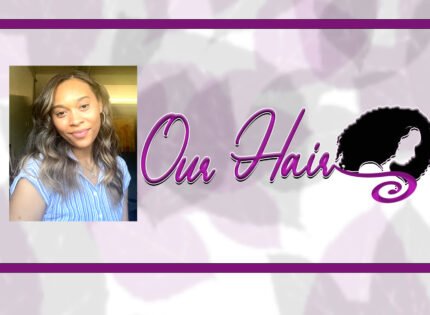Dr. Alwin Spence.
There is a quote I read once, but unable to recall it or find it, but the essence of it is, if you make yourself known, then you will know yourself.
Mental wellness proceeds from this statement.
Primitive man, not understanding the behavior of plants, the sea, the weather, and animals, imputed human motives to all of them. He also imputed his own motives to his fellowman.
But when he learned the conditions which were responsible for these forces, he feared them less and started a process of collaboration for the pursuit of his own ends. To understand the forces was to shift his behavior from fear to respect.
So he uses the sunlight for energy and also the wind for energy production.
However, his beliefs about the “other man” are based on insufficient evidence, which is often false. So a man may find himself living fearfully amongst those whose actions he does not understand.
To be practical, the “other man” is a mystery, he cannot see through him, he cannot know in advance what he would do, he does not know what is going on inside of him.
So he keeps his distance, he is on his guard since he does not know what to expect.
How often is your expectation shattered by the present behavior of someone you believe you know very well? How many times were you surprised with your own immediate behavior?
When something accidentally slips out from behind the mask, slips out from your inner-self you are surprised. The Freudian slip is at work.
Rev. Brown is a pastor, she preaches well, her congregation respects and loves her, she appears to be doing all the right things. She is perceived as a normal, likeable Christian person. We are all shocked to hear that she has been picked up on a shop-lifting charge.
This behavior baffled everyone. She is more than what she appears to be. Things are seldom what they seem to be. Dr. Jekyll may be masking Mr. Hyde.
The bottom line here is: if Rev. Brown had honestly disclosed herself to someone, there could have been an intervention saving her from herself and this disgraceful behavior. An honest disclosure of Rev.
Brown’s inner feelings to someone could have reduced the mystery she was, while a play-back to her would teach her about her inner-self. True disclosure often positively changes the perception of those who talk and those who listen.What happens when one discloses his inner-self to another?
1. He learns the similarities and differences about each.
2. He learns of the needs of the other and if help should be offered or denied.
3. He learns the extent of the “other man’s ” deviation, or if he is in accord with societal moral and ethical standards.
We should be aware that mutual ignorance may be the root of all problems, among families, races, rich people, poor people and all citizens in general… But why is it necessary to disclose oneself, or why not?
A person will permit himself to be known by others when he knows his audience is of goodwill. Self-disclosure follows an attitude of love and trust. If you love someone you would strive to know that person. You would also display your love so that the person can also know you and feel he also has the permission to love you.
But all this is very scary because the disclosure of love could be seen as weakness and therefore exploited. This is a realistic fear resulting in most people to continue to live the role assigned to them while the inner-self sleeps or dies.
As you know, in a poker game no one discloses the contents of his hand to another player. So if he has four aces, he tries to get the other players to believe that his hand is empty until showdown. If he has nothing he pretends to have four aces in order to get something.
Like a poker game society pits man against man, so we keep a poker face in real life, not letting anyone know exactly what we’re up to. We guard our inner-self. Very often we hear that we are a society which is dedicated to the pursuit of the truth.
But how successful can this be when at times true genuine disclosure is often misread, ridiculed and penalized. Oftentimes the pulpit with its fire and brimstone message, the colour of one’s skin, or his ethnicity make man so ashamed of his inner beliefs and ways that he feels obliged to be different and to live the role society provides for him.
The boss at work, also lives that role at home because he is afraid of the dictates of the inner self which is not acceptable at home.
When a man does not acknowledge to himself who, what and how he is, he is out of touch with reality and needs some help. But no one will be able to help without access to the facts. Disclosure to someone, a counselor, a minister, a psychotherapist, or psychologist, a spouse or a trusted friend is paramount.
The result of this encounter is that he learns how to increase his contact with his real self and then he might be better able to direct his destiny on the basis of this knowledge. A new understanding of his own behavior, his recognition of his own uniqueness which is acceptable to you and those around you. Without self-disclosure and the grasp of this new information one would remain at the level of an animal, short of the level of a human being.
How can the suspected racist counselor reflect the inner feelings of the Black person, and how can he get to the inner range when there is no love or trust?
Self-disclosure requires the courage to be known, to be perceived by others as one knows himself to be.
Self-disclosure is an active part of Psychotherapy and Counselling, a method of mental healing. In this society Blacks are at a tremendous disadvantage when it comes to mental health.
To whom does he open up , when he is already so stigmatized and stereotyped? What will happen to him if he reveals his poker hand? He cannot trust that; therefore he remains bottled up inside.
HE CANNOT DISCLOSE HIMSELF THEREFORE HE CANNOT GET TO KNOW HIMSELF.
Talking is not only cheap, it is also therapeutic.
















